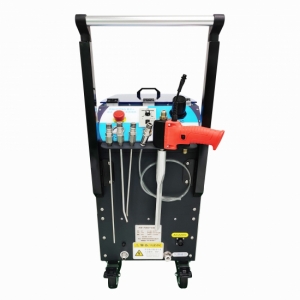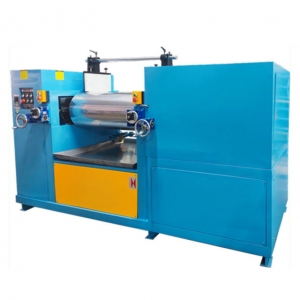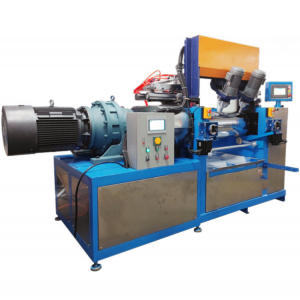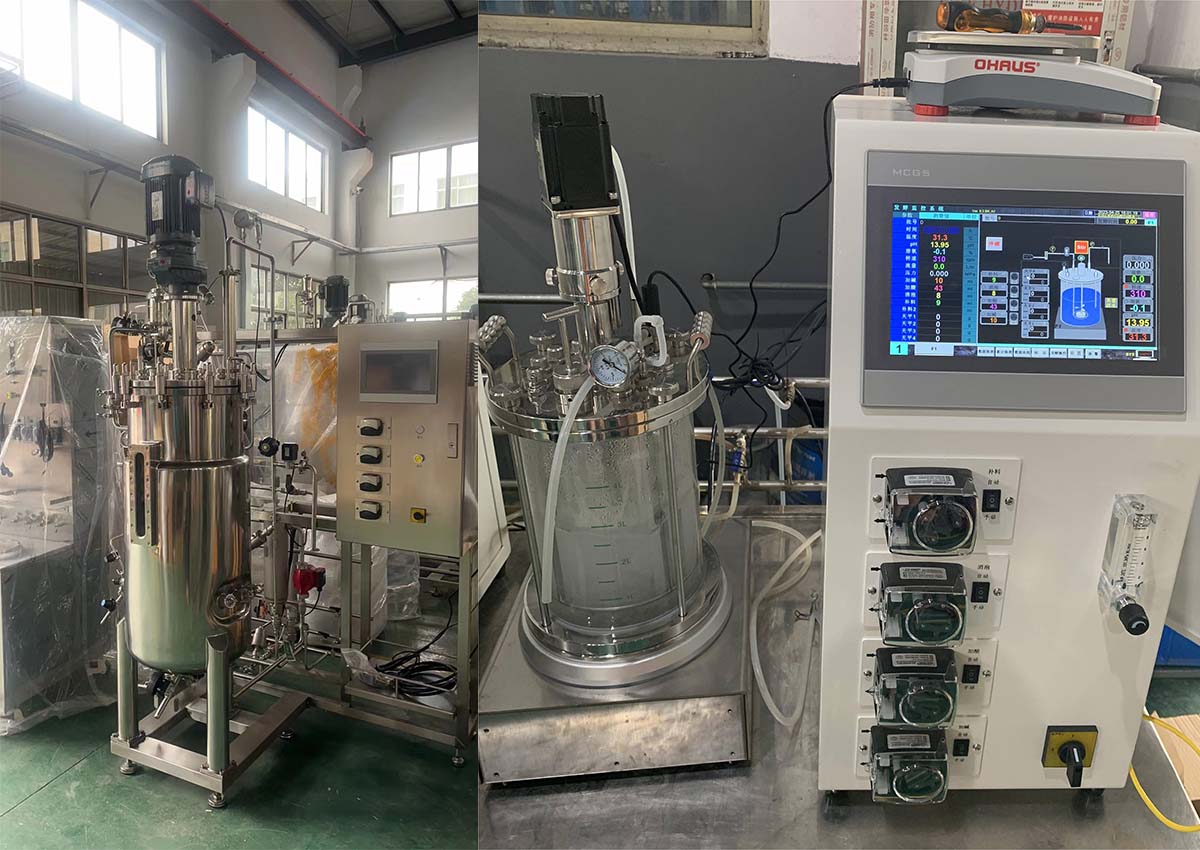Introduction: Laboratory bioreactor equipment plays a pivotal role in modern biotechnology, allowing scientists to cultivate and study various microorganisms, cells, and tissues under controlled conditions. This blog article aims to delve into the distinctive characteristics, benefits, and drawbacks of laboratory bioreactor systems.
Features of Laboratory Bioreactor Equipment:
Controlled Environment: Laboratory bioreactors provide a controlled environment for cultivating microorganisms and cells, offering precise control over factors such as temperature, pH, dissolved oxygen, and agitation speed.
Scale-Up Potential: These systems often serve as scale models for larger industrial bioprocessing, enabling researchers to optimize growth conditions before moving to production-scale batches.
Flexible Configurations: Laboratory bioreactors come in various configurations, including batch, fed-batch, continuous, and perfusion modes, allowing researchers to mimic different growth scenarios.
Online Monitoring: Many modern bioreactor systems offer online monitoring of key parameters, enabling real-time data collection and adjustment of conditions to enhance productivity.
Advantages of Laboratory Bioreactor Equipment:
Bioprocess Optimization: Laboratory bioreactors facilitate the optimization of bioprocess parameters, leading to improved yields, product quality, and overall efficiency in biomanufacturing.
Reduced Experimental Variability: Precise control over growth conditions in bioreactors results in reduced experimental variability, contributing to more reliable and reproducible research outcomes.
Continuous Data Collection: Online monitoring capabilities allow researchers to collect continuous data on growth, nutrient consumption, and metabolite production, enabling better process understanding.
Strain Improvement: Bioreactors provide a platform for strain improvement studies through genetic modifications or adaptive evolution, enhancing the performance of microorganisms for various applications.
Disadvantages of Laboratory Bioreactor Equipment:
Complex Setup: Setting up and maintaining laboratory bioreactors can be complex, requiring specialized knowledge in bioprocess engineering and equipment operation.
High Initial Costs: Acquiring and installing bioreactor systems, along with necessary sensors and controls, can involve significant initial costs for research facilities.
Resource Intensive: Laboratory bioreactors demand resources such as culture media, energy, and skilled personnel, which can be resource-intensive for research labs or small-scale operations.
Sterilization Challenges: Ensuring complete sterilization of bioreactor components and maintaining aseptic conditions can be challenging, as contamination can negatively impact experimental outcomes.
Conclusion: Laboratory bioreactor equipment serves as an indispensable tool for advancing biotechnological research by offering controlled environments for cell and microorganism cultivation. Their advantages, including bioprocess optimization, reduced experimental variability, and continuous data collection, make them crucial assets in modern biotechnology. However, challenges related to complexity, costs, resource consumption, and sterility underscore the importance of careful planning and expertise when utilizing these systems for scientific exploration.
SEND A MESSAGE:
WhatsApp: +8618030169616 Tel.: +86 18030169616(Only supports mobile phone dialing)
Email: Jackson@crtopmachine.com Skype: +8618030169616
 +86 18030169616
+86 18030169616 allen@crtopmachine.com
allen@crtopmachine.com










